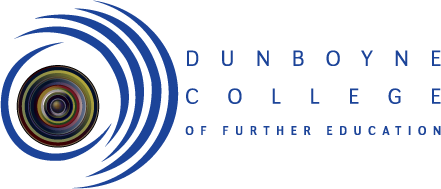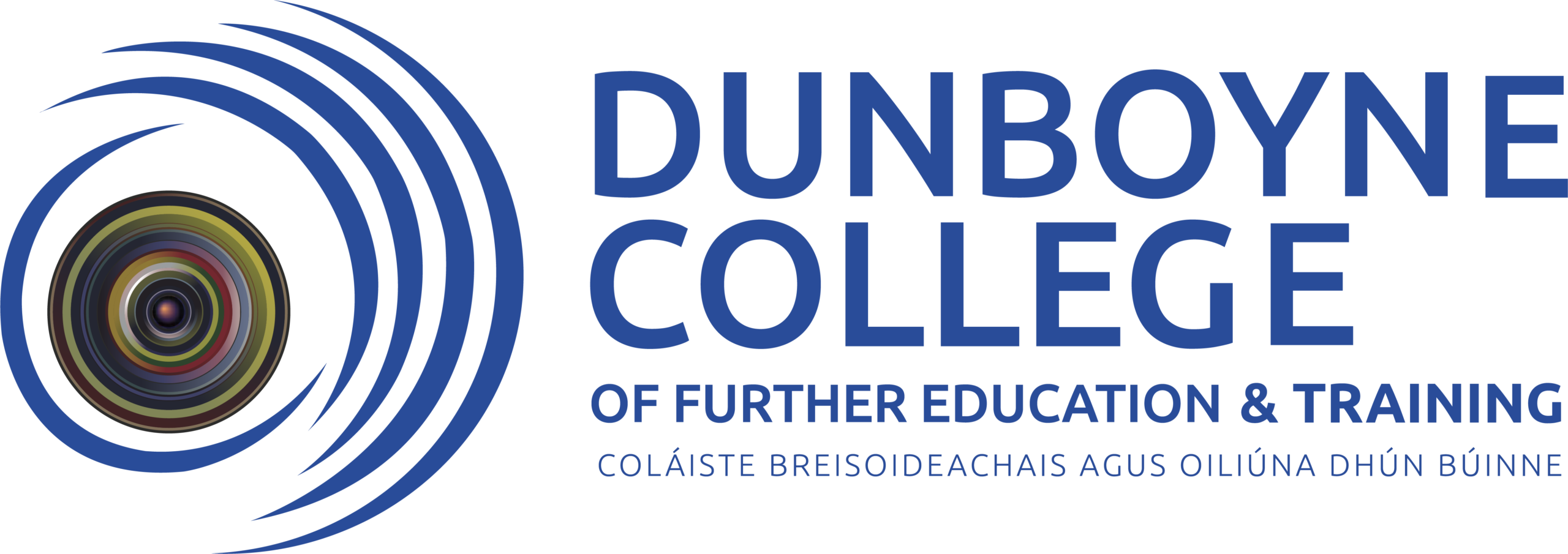Dunboyne College is currently open for applications and will remain so right up until the new academic year starts.
Click the APPLY NOW button, top right of the page!

Application Procedures for 2025/26 Academic Year:
All applications are online, once the online application form has been completed students will be asked to upload some documents:
- A recent set of exam results
Mock results, for example. - A Personal Statement
100–200 words personal statement outlining why they would like to study their chosen course and why they feel that DCFE is the right college for them (please see guidelines for students around Personal Statements below) - A Recent Photograph
We can offer places to students based on the stated minimum requirements and their application forms.
Offers will be sent to students by email.
To see information about Fees, please see our Fees page.
Please note, our minimum age is 17 years by 31st December of the year of entry to DCFE. Please refer to our Admissions Policy for further information in relation to this.
Information on all our courses, entry requirements and progression routes are available on our course pages.
We fully appreciate that this is a difficult time for students and teachers, if we can be of any support to you or answer questions for students, please do not hesitate to contact us:
Our Guidance Counsellors: [email protected]
Guidelines for Writing Your Personal Statement
As part of your application to study at Dunboyne College of Further Education (DCFE), you must complete a 100–200 words personal statement outlining why you would like to study your chosen course, and why you feel that DCFE is the right college for you.
Here are guidelines/ideas to help you get started. Please use the below headings to help structure your statement and to make sure that all required information is included.
Preparation and Research
Look at the course description, found on our website, and identify the qualities, skills, and experience it requires – you can use these to help you decide what to write about.
Motivation and Commitment
Explain why you’re applying – you must state whether you are a new applicant, or if you have already studied in DCFE before and would like to apply again. Include your ambitions, as well as what interests you about the course, the college itself, and further education in general. Can you commit to a one-year full-time course?
Include any clubs or societies you belong to – sporting, creative, or musical, especially if applying for a course in the vocational area (i.e. sports, art/design, music performance etc.)
Aptitude and Suitability
Think about what makes you suitable – this could be relevant experience in this area, skills, or achievements you’ve gained from education, work, or other activities that relate to the course area, for example, subjects studied in school; skills that you’ve developed so far that you could apply throughout your studies.
Mention any relevant employment experience (part-time work, previous employment, transition year work experience) or volunteering you’ve done, such as community or social initiatives.
Personal and Professional Goals
Explain what your personal and professional goals are (e.g. gaining more experience in this area, goal to progress into higher education and/or future employment in this area). How will you hope to achieve your goals, what challenges do you think you’ll face, and how will you overcome these?
Supports
If there are any personal circumstances, or additional educational needs that have affected your previous studies, outline them in your personal statement. For example, if you have ever accessed learning support or if this is something that you feel you would benefit from. Don’t worry, this doesn’t decide whether or not you get a place on your chosen course. It just means that the necessary supports/services can be put in place if your application is successful. For example, this might be something that impacted your attendance or previous qualifications- such as a learning need, physical or mental health condition or caring for a family member.
Final Points to Note
Make sure that you’ve researched the course for which you’re applying, that this statement reflects your ambitions and suitability and that you have proofread your statement for spelling, grammar and paragraphing before submitting it.
